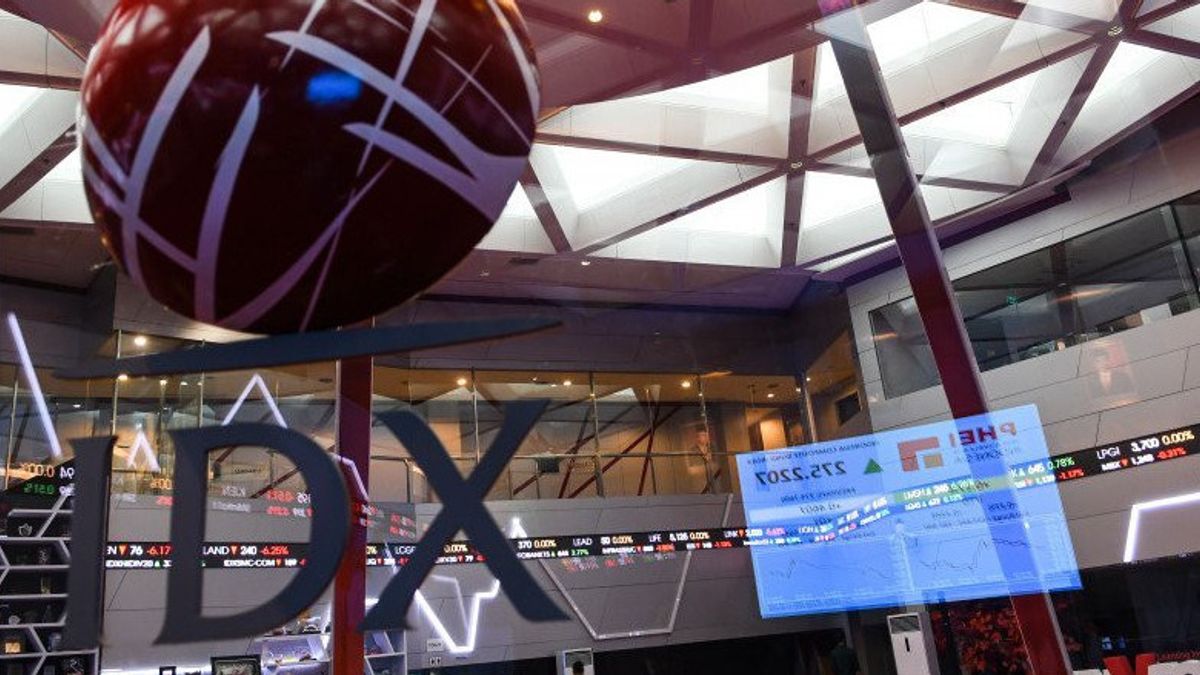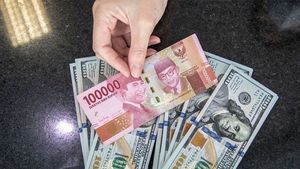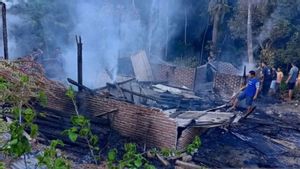JAKARTA - Business Law expert at Airlangga University Surabaya, Budi Kagramanto, said that if later the demand for the death penalty against Heru Hidayat in the PT Asabri case was granted, it would have a negative impact on the development and progress of the domestic capital market and investment industry.
"If later the decision is a death sentence or for example life imprisonment for Heru Hidayat, it will still affect the development and progress of the domestic capital market and investment industry. Therefore, from the start, the handling of the case in the district court must be supervised by a team of attorneys. Heru Hidayat," Budi said in his statement to reporters, Wednesday, December 8.
In addition, according to him, if the panel of judges grants and Heru Hidayat is actually sentenced to death, then appeals to the Supreme Court (MA) level and the request for clemency to the president is rejected, it will still have a negative effect on the capital market and investment.
"To be honest, it will be very difficult, because it can affect the desire of the community and investors who are decreasing and decreasing to invest in Indonesia later. So don't let that happen," said Budi.
In addition, Prof. Budi was surprised by the demand for the death penalty against Heru Hidayat which was different from the indictment.
"I saw the demand for the death penalty by the public prosecutor against Heru Hidayat, but how come (the demand) is different from the prosecutor's indictment," he said.
He also questioned whether it was time for a businessman who was suspected of committing a criminal act of corruption to be sentenced to death? According to him, this has never happened, except in cases of drugs or terrorism where the perpetrators were sentenced to death.
According to him, if the case is compared to former Social Minister Juliari Peter Batubara, who incidentally is a high-ranking official who has been sworn in, but committed corruption in the midst of the COVID-19 pandemic when the state and people's economic conditions were chaotic and in crisis, it was very different. Previously, Juliari was only sentenced to 11 years in prison by the prosecutor, then was sentenced to 12 years in prison by the panel of judges.
Budi said that the forms of extraordinary crime in Indonesia include terrorism, drugs and corruption. However, according to him, if corruption in insurance and capital markets is like the Heru Hidayat case, no one has ever been sentenced to death anywhere.
"I'm just worried that if the Supreme Court's decision proves that Heru Hidayat is guilty of a capital market crime, it will obviously affect the national economy, especially if the death penalty is imposed. Wow, that's very difficult and very risky for the economy and investment development in Indonesia. , said Budi.
In addition, foreign and domestic investors who want to invest in Indonesia, they become worried. However, Budi said that it does not mean that if they commit criminal acts of economic corruption, they are left alone, there must still be a legal process that applies.
"However, if the death penalty is imposed, it will have a big impact. Currently, Indonesia still requires large investments for the continuation of economic and infrastructure development by inviting capital market investors, both foreign and domestic," he said.
"Investors must be wary, there could be someone who cancels their plans for investment, it even affects investors who have already invested in Indonesia. So the influence rolls over there," he said.
He further said that investors and issuers in the capital market would definitely think twice if they wanted to cooperate or partner with other SOEs.
"What is worried about is the impact on investors or issuers. They can cancel or refuse if they come into contact with or deal with state-owned companies in general, not only with insurance companies. Obviously it will affect other SOEs, when they have to partner with issuers in the capital market, they will worried," said Budi.
Because according to him, this is the first time an insurance BUMN case with issuers in the capital market is threatened with punishment or demands for life sentences or even death sentences.
"But as a result, there are concerns for other SOEs when they have to deal or buy shares from listed companies in the capital market," said Budi.
He was surprised and questioned whether the case was a default or a pure state loss.
"If Jiwasraya-Asabri insurance is a state-owned company whose shareholder is the government, the premiums that must be paid actually come from customers," said Budi.
Then, Budi said that the Attorney General's Office should be able to distinguish between state money and non-state money.
"It must be separated strictly, what Heru Hidayat is tampering with is customer money that is not related and does not interfere with state finances. That must be distinguished," he said.
"Well, if that's the case, then it should be a civil matter, but then it will be dragged into the realm of corruption, and in the end it leads to demands and charges for the death penalty and life imprisonment. If it's really a death penalty, of course it will have an impact on a conducive business climate "The conducive business climate was built and correlated with the increasing number of investments entering Indonesia, both from outside and from within the country. It would be troublesome if the verdict was the death penalty," said Budi.
The English, Chinese, Japanese, Arabic, and French versions are automatically generated by the AI. So there may still be inaccuracies in translating, please always see Indonesian as our main language. (system supported by DigitalSiber.id)













